#libraries are awesome
Text
You know what's great if you want to read a book but can't afford to buy it?
A library. And not just public libraries. Colleges, universities, tribes, and other entities have libraries too, and will have different books than public libraries. You don't have to be a member to just walk in and read (at least the ones I've been to). Public libraries can also sometimes get books from other libraries through intralibrary loans. So even if your local library doesn't have a book, it may be able to get it for you.
If you see me recommending a book, 95% of the time, I found it at a library. If I find it's a good book and one I want to come back to over and over, and it's affordable, then and only then will I buy it.
#libraries are awesome#it's kinda frustrating#that people assume I'm some privileged money bags because I read books#when i find all these awesome books at libraries
199 notes
·
View notes
Text



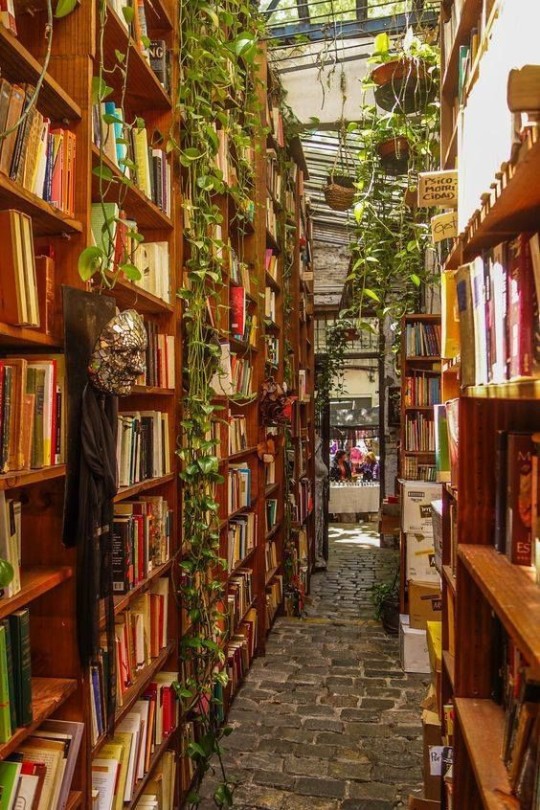

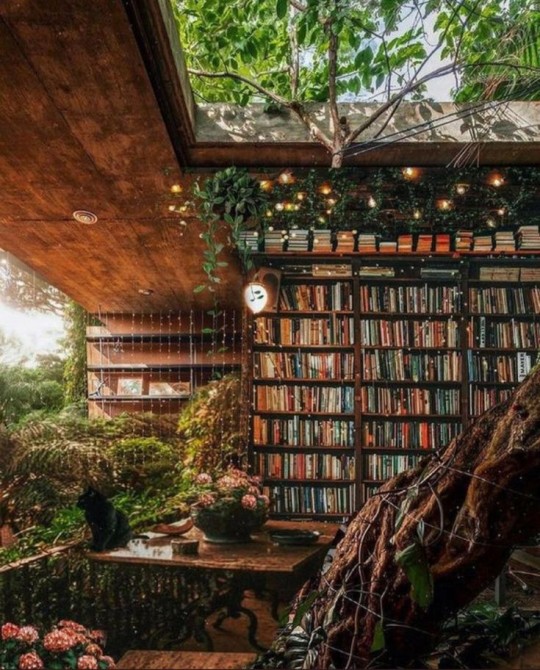

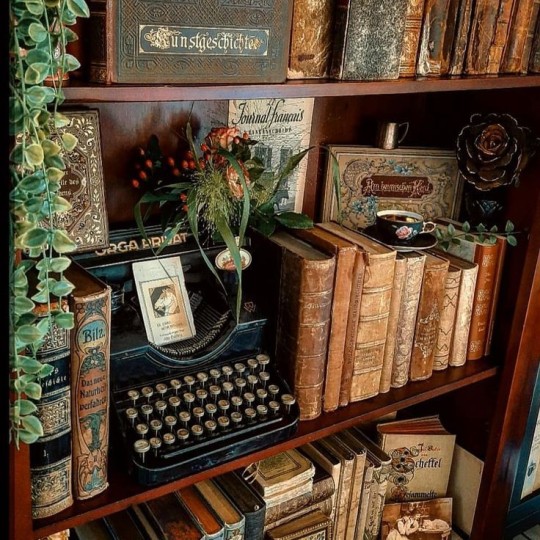
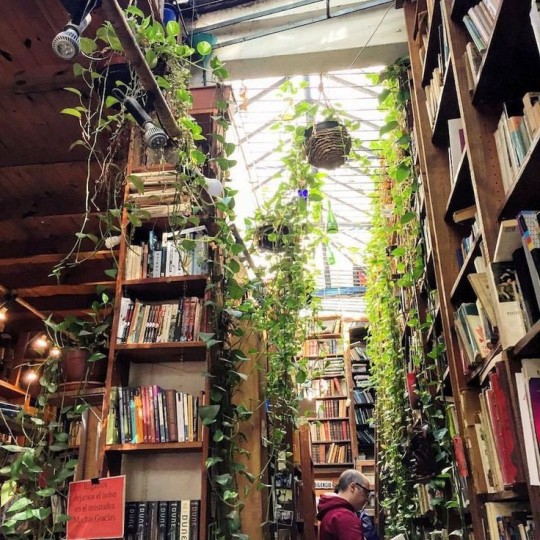
#beautiful libraries#libraries#library#public libraries#home libraries#libraries and librarians#libraries are awesome#librariesofinstagram#aesthetic#aestethic#dark academic aesthetic#dark acadamia aesthetic#aestheitcs#pretty words#poem quotes#poetry#quotes#writing#books#bookworm#bookshelf#book#books & libraries#booklr#beautiful places#plant#plantblr#plants#plant blog
200 notes
·
View notes
Text
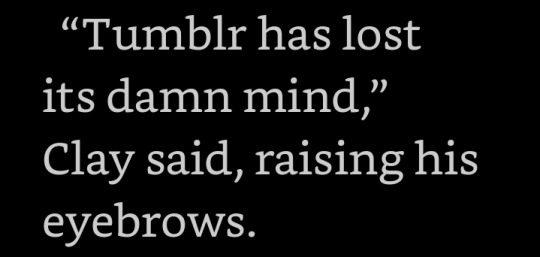
He says that like it's not something that happens at least once a week 😆
#love hate & clickbait#queer lit#queer books#gay literature#gay books#support your local library#support libraries#libraries rock#libraries are awesome#i married a librarian
9 notes
·
View notes
Text
Solarpunk Writing Prompts #3
Here you can listen to original podcast
Here is the source of the podcast's transcript you can read below
Solarpunk Prompts - The Community Center
Hello world. I'm Tomasino.
This is Solarpunk Prompts, a series for writers where we discuss Solarpunk, a movement that imagines a world where technology is used for the good of the planet.
In her 2018 TED Talk, Keisha Howard said “advances in technology and science don’t lead to a dystopia” in Solarpunk, but rather “harmony with the Earth” and a more egalitarian civilization.
Or, as one headline put it, Solarpunk Is a Tumblr Vibe. It's Also a Practical Movement.
In this series we spend each episode exploring a single Solarpunk story prompt adding some commentary, some inspirations, and some considerations.
Most importantly, we consider how that story might help us to better envision a sustainable civilization.
If this is your first time here, I'd recommend checking out our introduction episode first, where we talk about what Solarpunk is, why you should care, and why this series came into being.
Without further ado--
Today's prompt is: "The Community Center"
A community center, library, or educational hub, initially set up to help people like coal miners re-specialize and find other jobs, has now became a place for unofficial "pilgrimages" of people striving to find their role in life and learn history from those who lived it.
What I immediately love about this prompt is that goes straight to the heart of what many libraries are used for today. This type of skill retraining or up-skilling, or professional development is in practice today around the world and probably at a library near you.
A Pew research study from about a decade back found that one in five library visitors attended a class, program, or lecture for adults. There are digital networks for skills development which are rolled out through libraries as well, like CLIP in the UK.
But this prompt takes us beyond even these extensive programs when it mentions re-specialization training for miners. This is a reference to an ongoing Scandinavian union effort to modernize its workforce and prepare them for the sustainable practices emerging across the globe.
One can easily imagine a community center setting filled with the types of training and resources found in a local library and staffed with union experts who have gone through this sort of re-training process and can speak from experience.
A place like that could exist today down the road from where you are now. If we let our imaginations take us just a decade or two into the future it's quite conceivable to see these places becoming a sort of destination for those whose jobs are shutting down or no longer relevant.
When entire industries are disrupted where do you go? Who do you turn to? Do you fall back into unskilled labor? Is unskilled labor even a real thing?
When there is a place-- a community center, known to retrain people, to give new skills, to prepare you to pivot into something similar, perhaps, or to lay the groundwork for something brand new-- then there is a place for hope. It would be a place to humanize workers, and give them renewal.
And who would you find there? Would it be professionals who went through the same processes? Would it be librarians? Or the retired perhaps, looking to stay in touch, socialize, and share their knowledge.
It's not hard to imagine people traveling there even over great distances. Migrants of a sort, but better thought of as pilgrims, as they journey to this place of hope and promise. It all depends on the psychology of the travelers and the mystique that may have grown up around the center.
It's quite the picture, isn't it?
This prompt does a fabulous job not talking about what is happening in the rest of the world. This place could be the pillar of hope in a rather dismal setting, or it could be a very realistic and modern view of a near future world.
What I find most interesting to consider is the possibilities for what a community center like this might turn into once the world has moved on a bit more. When this is no longer needed by gig workers to retrain their livelihoods. When it has stopped being crucial but the sense of hope has remained and the wisdom of the teachers is still there for the sharing how will pilgrims see it then? Will it be more like a holy site or a guru living atop a remote mountain? Will people come for enlightenment instead of PowerPoint training?
These possible pseudo-spiritual lines remind me in some ways of the monks and monasteries in Walter Miller's, A Canticle for Leibowitz. Rather than the depressing setting of a remote Catholic monastery hording scraps of scientific knowledge without any understanding of them we are given a vibrant community setting where wisdom is sought and shared. What would a young, lost person do to find their purpose in life?
An author could have great fun exploring the differences there.
Alternatively there is always the option of looking at internal struggles. Remember that in Solarpunk our protagonist communities may still struggle with the "how". How do we best teach the community? How do we best act as servants for each other? And there are always many voices in community! Differing opinions, different strategies. The chief librarian that built the center could have vastly different ideas of how it should be run than the new guy, with his focus on efficiency and measurement. This type of conflict can make interesting drama while still upholding the values of the genre. The desire to use technology, community effort, infrastructure and resources, for the betterment of that future.
That's all for today's episode. Before we go, I want to give a very special thanks to all the librarians out there. You are living embodiments of the better future. I hope more of the world is like a library one day.
Thanks for joining me. I'll talk to you soon on the next Solarpunk Prompt.
Links mentioned:
CILIP
Music from:
Andy McDade - Ylid
#solarpunk#writing prompt#solarpunk writing prompts#solarpunk loredumps#pilgrimage#libraries are awesome
10 notes
·
View notes
Text
Get a man/women who says,
I would never let anyone else borrow my heart if I know there’s a chance in hell you might want it back.
— Colleen hoover
#november 9#collen hoover#love poem#new poets society#poetas en tumblr#writers and poets#spilled poetry#poetry thoughts#aestheitcs#depressing quotes#women writers#poetic#dark academia books#dark acadamia aesthetic#dark academia#fantasy books#kindle books#romance books#books & libraries#libraries are awesome
13 notes
·
View notes
Text

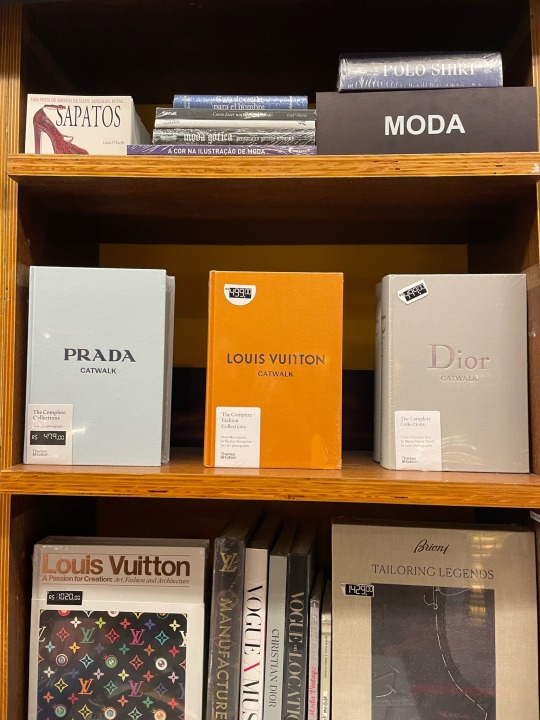
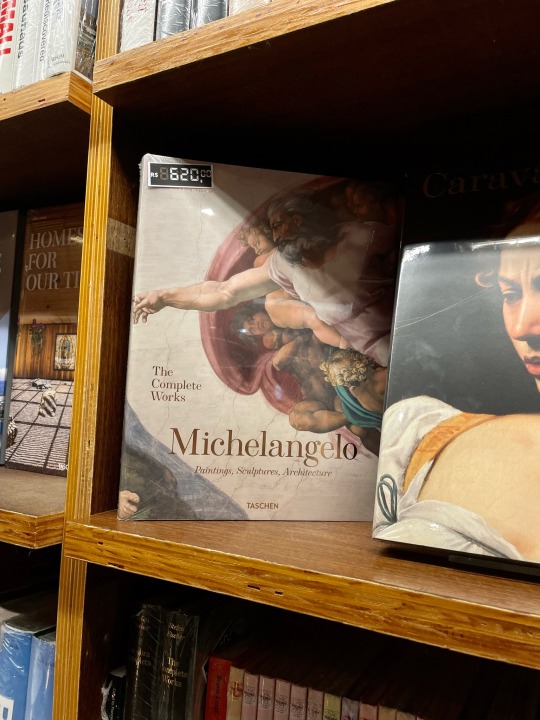
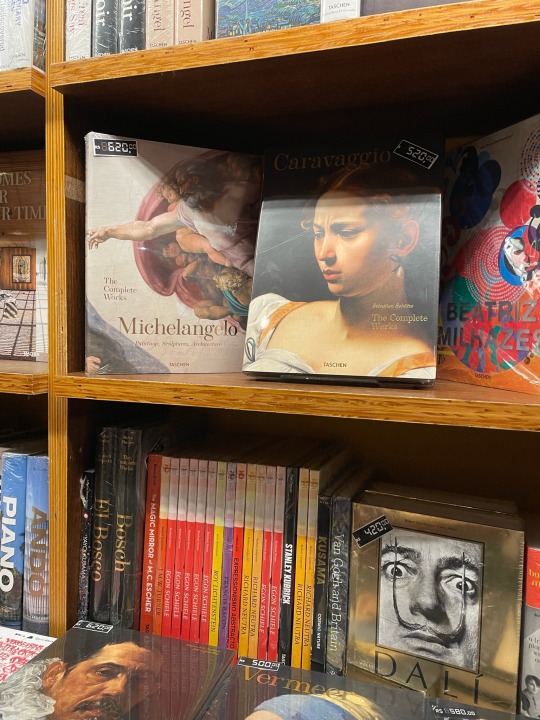
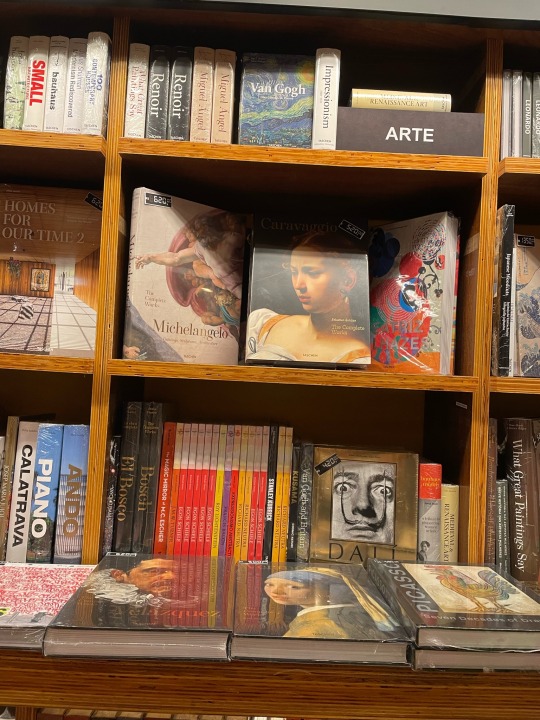
Livraria Cultura - Avenida Paulista, São Paulo - SP
#snapseed#photography#livrarias#livraria#livros#book#books and libraries#libraries are awesome#academic libraries#librariesoftheworld#i love libraries#public libraries#bookstagram#booklover#photo#art
10 notes
·
View notes
Text
Deeply regretting racking up those overdue fees at the library. I could be reading yugioh duelist for free but first I'd have to pay like $75.
5 notes
·
View notes
Text
So I had some downtime at work and I was about to vibrate out of my skin, and... long story short is that with the weather warming up everyone should check their local libraries for museum/park/attraction passes. My library has the following (for free unless otherwise noted):
A live theater
A massive nature center
The state aquarium (discounted)
Various state parks and historic sites
A fish education center
Various historical, sports, and science museums. The history ones range from hyper-local to national interests
A Jewish history museum
An art museum
Zoo freaking Atlanta
A local botanical garden
A museum of puppetry (valid for free general entry or a substantial discount on a more extensive admission)
Plus there are binocular+field ID guide packs meant to take to the state parks.
Obviously this stuff with vary by area and I'm only talking about the US, but go take a look!
6 notes
·
View notes
Text
In my area summer temps can easily reach 115+ degrees Fahrenheit. Many homeless people spend the day in the library to escape the heat. I went there to study today for the first time in a looooonng time and spotted this in the restroom
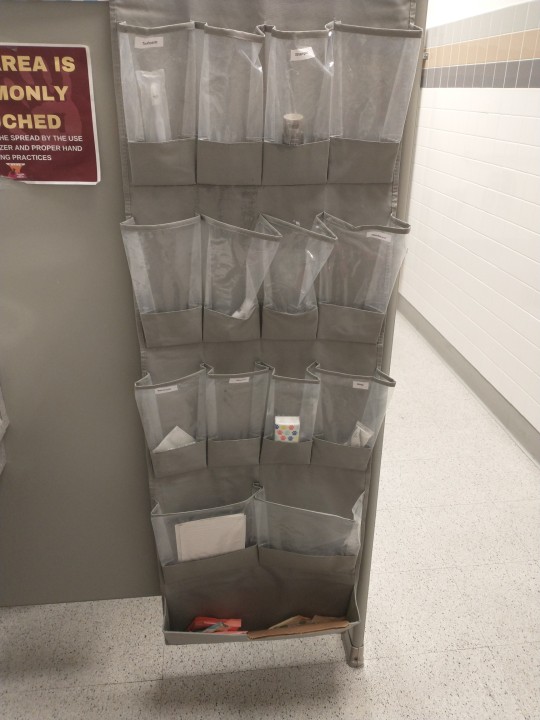
People can leave soap, deodorant, toothbrushes, tissue, whatever and those that need it can take it no questions asked.
2 notes
·
View notes
Text
For anyone who's still struggling finding a career that suits them because working a lifetime in capitalism sounds unbearable: librarian is always an option.
I mean it's the coolest thing ever. You don't sell things, you let people borrow things, and even better, the things they borrow are books! And other media! For free! You can get any form of information and story for free! And we won't shove ten ads in your face while you search for it. You can watch movies and series and play games without paying for them! Capitalists hate this trick! Just bring your book back in time, the least favourite thing my colleagues apparently do is having to get a fine of like 400€ because you were too lazy to bring everything back.
#books and libraries#librarian#library#libraries are awesome#libraries my beloved#support libraries#books#capitalism#work#job#find job#book#author#reader#bookworm#booklover
9 notes
·
View notes
Text
I'm curious because my mom always let me check out as many books as I wanted as a kid (which typically meant like, two totebags' worth of books) so seeing moms who put limits like this on their kids has always bothered me a lot
Reblog for more exposure pls!
#polls#poll#book tumblr#booklr#book community#bookblr#books and reading#reading#books & libraries#libraries#library#parenting#parenting issues#children#controlling behavior#controlling parents#libraries are awesome#libraries rock#literally i love libraries so much#vaults of knowledge with impeccable atmosphere#moms#mom trauma?
4 notes
·
View notes
Text
why don't more people go to libraries. reading books for free
#yeah I hated it so I'm selling it#on the rare occasion I am on booktok I see some girl holding up the book she bought going .#bro#just read it first at the library#ffs#also at the library you can set up events buy audiobooks use the computer all that shit#libraries are awesome#i go everyday#you don't even need to be 18/16 to sign up for a card#librarians are awesome#i am done simping for libraries now continue scrolling#booklr#library#jaye's originals ig
11 notes
·
View notes
Text
My partner accidentally left our kids artwork on top of our car from craft time at the library.
Kiddo was devastated.
They went back today for craft time and apparently someone had found it and they just hung it on the wall hoping the kid would come back.
😭 I love them.
4 notes
·
View notes
Text
Fundie snarkers: I want to read Jinger's book but I don't want to give her and Jeremy my money.
Solution:
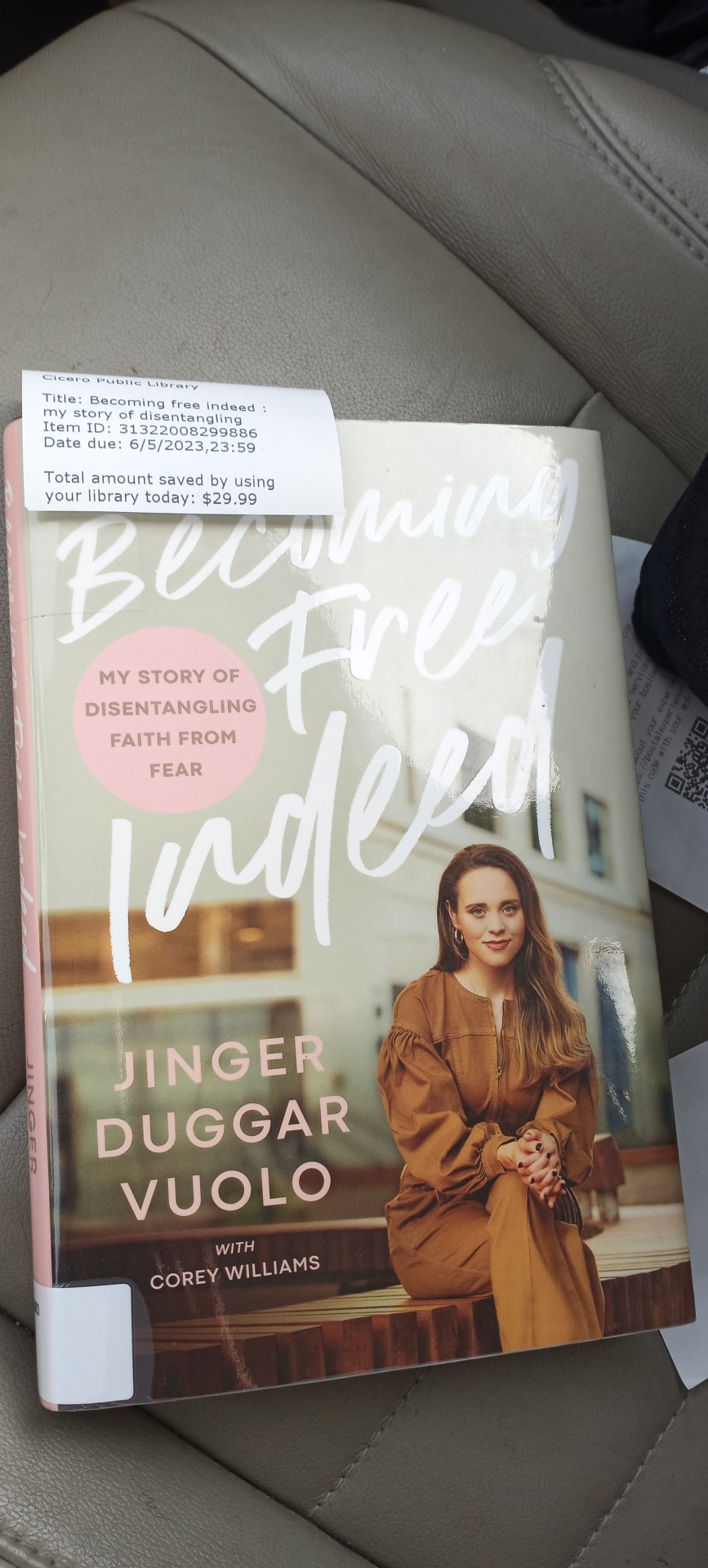
#i love when libraries put how much you saved by using them#libraries are awesome#libraries rock#support libraries#public libraries#i married a librarian#jinger vuolo#jinger duggar#duggar
5 notes
·
View notes
Text
Solarpunk Writing Prompts #9
Here you can listen to original podcast
Here is the source of the podcast's transcript you can read below
Solarpunk Prompts - The Archivists
Hello world. I'm Tomasino.
This is Solarpunk Prompts, a series for writers where we discuss Solarpunk, a movement that imagines a world where technology is used for the good of the planet.
In this series we spend each episode exploring a single Solarpunk story prompt adding some commentary, some inspirations, and some considerations.
Most importantly, we consider how that story might help us to better envision a sustainable civilization.
If this is your first time here, I'd recommend checking out our introduction episode first, where we talk about what Solarpunk is, why you should care, and why this series came into being.
Today's prompt is: "The Archivists"
A community of archivists, cartographers, or Wikipedians is fighting to save as much unwritten lore and knowledge as they can, before the old generation passes away. They're not hired by any organization or university, but connected by their love for the folk tales and belief that the natural medicine might be worth researching today.
Today's prompt is concerned with the loss of local and indigenous knowledge, a form of cultural memory. When most people think of archival work the mind goes to literature or archaeology or in more modern times we talk about archiving internet content before it's lost to the ravages of time. But this type of cultural loss can happen incredibly quickly, and be devastating to communities.
First of all, UNESCO defines local and indigenous knowledge to be
"... the understandings, skills and philosophies developed by societies with long histories of interaction with their natural surroundings. For rural and indigenous peoples, local knowledge informs decision-making about fundamental aspects of day-to-day life."
Decision making based on a long cultural interaction with the local environment, is like a magical potion of pure bottled Solarpunk. Yet this is rarely the recipe we think of when considering the future.
Chi Luu writes in JSTOR's Daily:
Is there really only one way to build a modern society, one based on Western ideology, with progress through constant growth and consumption? Is there only one kind of science we can use to truly understand the world? There’s hardly an indigenous culture surviving that does not struggle to preserve their traditional language and knowledge against the overwhelming homogenizing influences of Western colonialism.
When knowledge does not take the scientific forms we've come to expect from academic research, it’s rejected, but that’s due to an unthinking bias about what value traditional knowledge has to offer. If it isn't in the form of a scientific report or paper, but is delivered in the form of a story, it’s regarded as unscientific and anecdotal folklore, no matter what new information is being conveyed.
In our story we have a community of people trying to hold on to that knowledge. But knowing about these inherent biases from western colonial influence, we could imagine the opposition they might face. Is this the best use of the community resources? Shouldn't we be focused on the scientific studies? Phillip over there has found old manuals for tractor repair. Put your effort into decoding those.
One can imagine a high-stakes conflict between people who want to archive every scrap of dying knowledge vs people who want to use the libraries to educate and help stop further disasters. In the true Solarpunk way of internal conflict, both parties are working toward the same positive ends for the community, but have very different ideas of how it should be done.
Whether our archivists are facing internal conflict or not, there's also the question of how the work is being done. Is there collaboration? Is there technology being put to the purpose for the benefit of the community?
There are very few pieces of fiction showcasing Wikipedia, or similar efforts. There are even fewer that showcase the drama that can unfold in these spaces where everyone is trying to write down knowledge without bias. When everyone has the ability to edit everyone else's work, and there is no one to step in and claim authority, arguments get heated.
And perhaps people viciously typing at one another isn't be greatest visual storytelling, but that type of engagement can come to life in many forms with a bit of imagination. Perhaps the Wikipedia of the future involves shared physical spaces!
Our archivists are impassioned individuals doing this from love, not from assignment. They may take challenges to their work personally.
I should mention one fascinating thing about Wikipedia here. It is a piece of cultural infrastructure and it's sexy as hell. I'm referring, of course, to our second guide to Solarpunk. What's utterly fascinating to me is that Wikipedia, as an idea, is completely incompatible with cyberpunk. There is no place in that vision of technological oppression for a community contributed repository of knowledge simply for the betterment of humanity. Wikipedia is 100% Solarpunk.
Writing ideas for project motivation
But lets get back to our prompt again.
What are some ways we can frame the prompt which would give us a unique perspective on the effort?
If the effort to archive this information isn't creating the conflict itself, perhaps it comes from outside.
If someone from a very different culture or community saw or heard the stories of these people it might be their misunderstanding. When they hear a fable, or a micro-story setting designed to educate by allegory, the listener may hear literal things which offend, confuse, or threaten. How would they handle that interpretation? How would the community try to help settle the issue?
Or perhaps conflict is more than is needed for this story. Maybe it's a personal journey of a child who doesn't understand the value that the old ones carry. It's a lesson in a lesson, then, when the children are given a project to write their family history. Perhaps we can mash up some of these ideas, too. What if the children aren't to create an essay, but to enter their family history into a community wiki.
Is it the teacher's doing? Or do we have another opportunity to show off the amazing power of librarians? This community may teach the children to research and archive, to do science, to investigate, and to share that information with everyone. Their greatest act of service to one another may be open source knowledge.
Open source knowledge is absolutely a gift, and one of the best possible things we can give each other today. Just like we must unlearn the false devaluing of cultural knowledge, we must also release the idea of science as belonging to the scientist.
Citizen science, citizen research, provides invaluable data to the world.
Take the tsunami at Fukushima and the nuclear disaster which followed. There was little to no data on the radiation levels in local areas, only en mass across the whole region. That lack of knowledge limited movement and insight in the region. Public fear led to massive requests and supply issues for Geiger counters. An industry went from selling five machines a month to requests for a thousand per day.
Then a nonprofit stepped in, Safecast, who were testing their new handheld. A compact plastic box housed an Arduino board, GPS, data logger, and tiny Geiger. The device's job was simple: replace the need for manual data logging, replace the need for data aggregation, cleanup, assembly, and so on. Just record all the data in real time and report it back home immediately, every five seconds.
https://www.fastcompany.com/3030731/why-collecting-data-in-conflict-zones-is-invaluable-and-nearly-impossible
In a month they put together 18 million data points worldwide, not just in Japan. That data revealed that evacuation routes in the Fukushima area were wrong and needed to be adjusted.
And what of that data? Was it horded as proprietary company information to be licensed for a fee? No. It's completely open to all and free. Oh, and so is the hardware. The specs are free and components are off-the-shelf. Anyone can build one and start collecting data, which also goes right into that open data set.
Citizen science is powerful stuff, whether it's tracking radiation, or saving a cultural language.
The Tlingit people of Southeastern Alaska and Western Canada faced a problem. In 2007 research reported that there were fewer than 500 speakers of the language left in the world, and many of them were of advanced age. In 2014 there were only two speakers in all of Canada. The warning bells were sounded when the total number dropped quickly to 200.
The Sealaska Heritage institute knew they wanted to do something to stem the tide and save the language and culture it represented.
They spent years and years collecting audio, often by literally recording conversations with elders. Then came painstaking efforts to edit, program, and construct something tangible.
Finally in 2016 they released two free apps to learn the language. With those apps and the materials collected, all freely available, language courses have begun as well.
With any luck, those citizen scientists will save their language.
And, as difficult as it is to think about, if they failed in their primary mission, their recordings may be all that's left of the Tlingit tongue. The spoken language of an entire tribe, gone. Reduced to a few mp3s on a hard drive.
That. That feeling right there. That is why your archivists are doing their work. Nobody had to hire them for it.
Now the hard part is for you, to put that feeling into words.
Until next time, I'm Tomasino. I hope you'll join me for the next Solarpunk Prompt.
Music in this recording is Skyforest by Cyber Surfer 3D from Global Pattern's compilation Solarpunk: A Brighter Perspective
#solarpunk#writing prompt#solarpunk writing prompts#solarpunk loredumps#community as a protagonist#infrastructure is sexy#cultural infrastructure is infrastructure too#libraries are awesome#indigenous knowledge#solarpunk here and now#solarpunk real stories
6 notes
·
View notes
Text
Remember the recent controversy around a school district banning the graphic novel Maus, arguing it’s too graphic, too controversial, too inappropriate for school children? Regardless of the fact the atrocities it depicted were committed against children their ages.
In response to the banning and the reactions of his community, a senior in the rather conservative and religious community I grew up in downloaded and printed off hundreds of copies of the more debated sections, and distributed them all over school.
Censorship doesn’t work the way the censors intend. You bring the controversy to the forefront by censorship, and kids today will simply find a way to subvert the censor. Banning books doesn’t work any more. Not today. Not with access to ebooks and the internet, and certainly not with this generation of kids.
I say this as a parent. It’s long passed time to actually be parents, and have difficult and intensely uncomfortable conversations with your kids about difficult and controversial subjects, and then trust your kids enough to draw their own conclusions and opinions. If parents can’t do that, that’s their own failing as a parent, and it’s certainly not my or anyone else’s responsibility to play gatekeeper.
If children only read what was allowed, there would be no development of independent thinking. It’s important for libraries to have controversial books, and encourage investigating other ideas and opinions. For some, what others have decried as scandalous is to them a validation. For others still, seeking out counter opinions to the ones they have been force-fed opens a breadth of knowledge kept from them.
Libraries are important. Free access to information is important. Censorship of literature is the silencing of voices and opinions different than their own.
Read banned books. Buy banned books. Let children read them, too.
2 notes
·
View notes